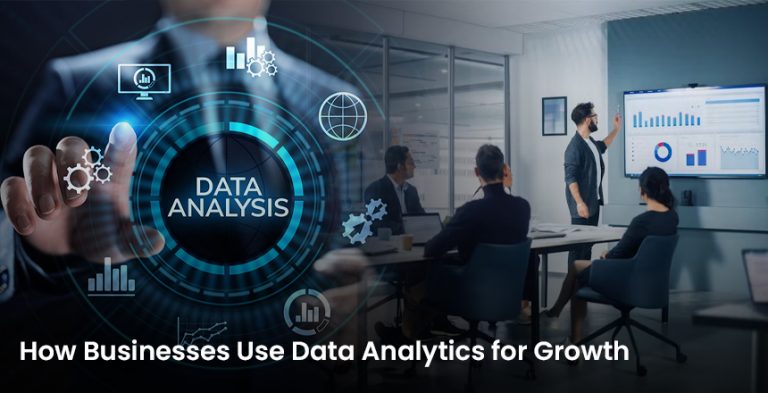Digital-first is the new order of things in the world today and data has become the fuel of business development. Whether it is startups or large enterprises, all organizations seek individuals who can analyze data and convert them into applicable insights. That is why data analysts present the most demanded professionals in 2025.
Planning an interview as a data analyst will require more than technical knowledge, you should be able to explain your reasoning, present yourself to real-world problems and demonstrate how valuable you could be to the business. Students at IFDA are groomed to face recruiters with the right combination of technical competencies and communication thus enabling them to match the best.
This guide gives you detailed information of the 22 most frequent data analyst interview questions and how to prepare the correct answers.
The Reason Data Analysts Are So Popular.
It is necessary to know why the work of a data analyst is so essential before starting the preparation process. Data analysts are hired in order to:
- Transform uncooked data into usable information
- Build dashboards and reports on which to base decisions.
- Follow trends and forecasts.
- Increase efficiency, lower expenses and maximize profitability.
- It is by considering these responsibilities that you can structure your interview response to indicate that you can resolve practical business issues.
Top 22 Data Analyst Interview Questions in 2025
General Questions
- Tell us about yourself and your background in data analysis.
- Why did you choose data analytics as a career?
- What skills make you a strong data analyst?
- How would you explain data analysis to a non-technical audience?
Technical Questions
- What is the difference between structured and unstructured data?
- Can you explain the difference between SQL INNER JOIN and LEFT JOIN?
- What are the most common data cleaning techniques?
- How do you deal with missing or duplicate data?
- Explain the difference between OLTP and OLAP systems.
- Which visualization tools are you comfortable with (Excel, Power BI, Tableau, etc.)?
- How do you approach exploratory data analysis (EDA)?
- What is normalization and why is it important in databases?
- How do you handle outliers in a dataset?
- What’s the difference between supervised and unsupervised learning?
Scenario-Based Questions
- You are given a large messy dataset—how will you clean and prepare it?
- How would you design a dashboard for top management?
- Share an example where your analysis directly influenced a business decision.
- What would you do if two stakeholders disagreed with your analysis results?
Career-Oriented Questions
- Where do you see yourself in the next five years?
- Tell us about the most challenging data project you have worked on.
- How do you keep yourself updated with the latest tools and technologies?
- Why should we hire you over other candidates?
How to Study on Data Analyst Interview
A combination of both the technical and soft skills is the key to passing a data analyst interview successfully. This is how you can prepare:
- Invest in Core Tools: Get familiar with SQL, Excel and databases.
- Data Visualization Software: Tableau, Power BI, Python packages like Matplotlib/Seaborn.
- Real Datasets: Go to Kaggle and case studies to hone the analytical skills.
- Enhance Communication: Learn to come out with insights in simple and powerful ways.
- Create a Portfolio: demonstrate dashboards, reports, and analysis projects that will amaze recruiters.
Careers in Data Analytics
Upon completion of a data analyst course at IFDA, you are able to pursue many career paths that include:
- Data Analyst
- Business Analyst
- Financial Analyst
- Marketing Information Analyst
- JDSC
In India, in 2025, starting salaries as a data analyst range between 4.5 M and 7 LPA but the highest salaries given to an experienced person rise to 12-18 LPA. The opportunities that can be experienced with continuous learning are uncapped.
Why IFDA? Why Data Analytics?
- An all-inclusive course in excel, SQL, Power BI, Tableau, and Python.
- Experiential practical on-job practice.
- Industry experienced expert mentors.
- Support of employment with major enterprises.
- Online and offline flexible batches.
Conclusion
In 2025, one preparing to be a data analyst interview will need to have a command of the technical material, the capability to solve problems, and the capacity to share the findings. Rehearsing these 22 most frequent interview questions you could arrive at interviews armed with confidence. After undergoing training and placement services that IFDA offers, you will be completely ready to begin your career of working in the field of data analytics and stand out in such a competitive jobs market.








